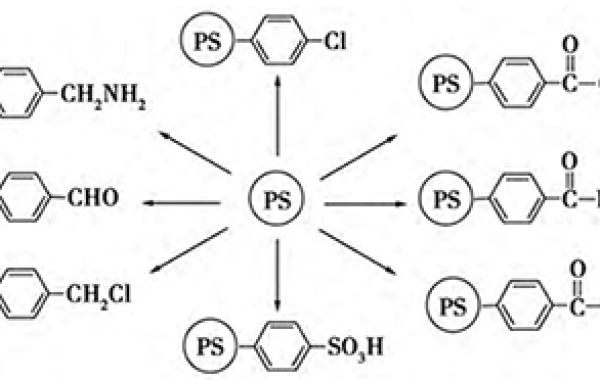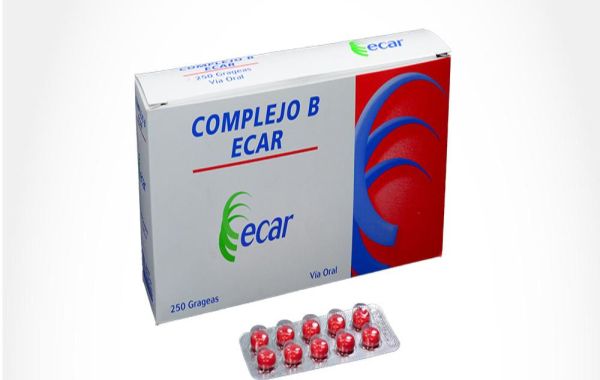With years of experience in the pharmaceutical and life science sectors, CD Bioparticles has announced a wide range of new Functional Polystyrene Particles with various surface functional groups such as amino, carboxyl and hydroxyl groups for covalent coupling of proteins or other ligands. The new polystyrene particles can be applied in immunoassays, analytical chemistry, and bio-nano interactions research.
Polystyrene microspheres not only exhibit the general properties of polymer microspheres, such as good sphericity, large specific surface area, good surface activity, and uniform and controllable particle size, but also possess some unique characteristics, such as high rigidity, insolubility in common solvents, and non-easy biodegradability. In addition, the benzene ring of polystyrene microspheres has strong reactivity, which can carry out a series of functionalization reactions, so that the surface of the microspheres has a variety of active functional groups, and the properties of polystyrene are better exploited.
Polystyrene particles provide a flexible platform for diagnostic and bioseparation applications. There are several methods for attaching biological ligands to polystyrene particles, including adsorption onto plain polystyrene particles, covalent adsorption onto surface functionalized particles, and attachment of ligands of interest onto particles precoated with binding proteins (e.g., streptavidin, protein A, or protein G).
CD Bioparticles now offers multiple functional polystyrene particles with various surface functional groups, such as amino, carboxyl and hydroxyl groups for covalent coupling of proteins or other ligands. They can be designed with Acrylate surface and supplied in water, with Alkyl-OH surface coatings to significantly reduce the non-specific binding of proteins, with Amine groups on the surface and Amine PS/DVB Particles, and also functionalized with COOH groups on the surface and Carboxyl Porous PS/DVB Particles cross-linked with 0.5% DVB.
These new functionalized polystyrene particles can be used for a variety of applications, including organic synthesis, analytical chemistry, drug delivery materials, bioimaging, labeling, and immunoassays. They demonstrate excellent stability, high binding capacity and ultra-high specificity (low background) and have been extensively validated in academic and industrial scale immunoturbidimetric assays.
For example, the DiagPoly™ Amine Polystyrene Particles, 0.025 μm (Cat. No. DFO-L026) are functionalized with amine groups (NH2) on the surface for covalent attachment of proteins, peptides and nucleic acids. These particles can be utilized as standards or markers, in immunoassays (such as latex agglutination assays and solid phase enzyme immunoassays), or coated with proteins for use in research and diagnostic tests.
In addition to the carboxyl and amino functionalized particles, CD Bioparticles also offers larger functionalized particles and different surface chemicals such as epoxy, PEG, NHS, and cycloalkane click chemicals.
CD Bioparticles' Functional Polystyrene Particles are available in a variety of sizes and functional groups. For more information, please visit https://www.cd-bioparticles.com/products/functional-polystyrene-particles-320.html.
About CD Bioparticles
CD Bioparticles is a leading manufacturer and supplier of various nanoparticles, microparticles, and coatings for RD as well as commercialization across different application areas, including in vitro diagnostics, biochemistry, cellular analysis, cell separation, and immunoassay. The company also offers various custom services, including chemical surface-functionalization, fluorescent modification, antibody immobilization, as well as nucleic acid and oligo conjugation to meet client specifications.








